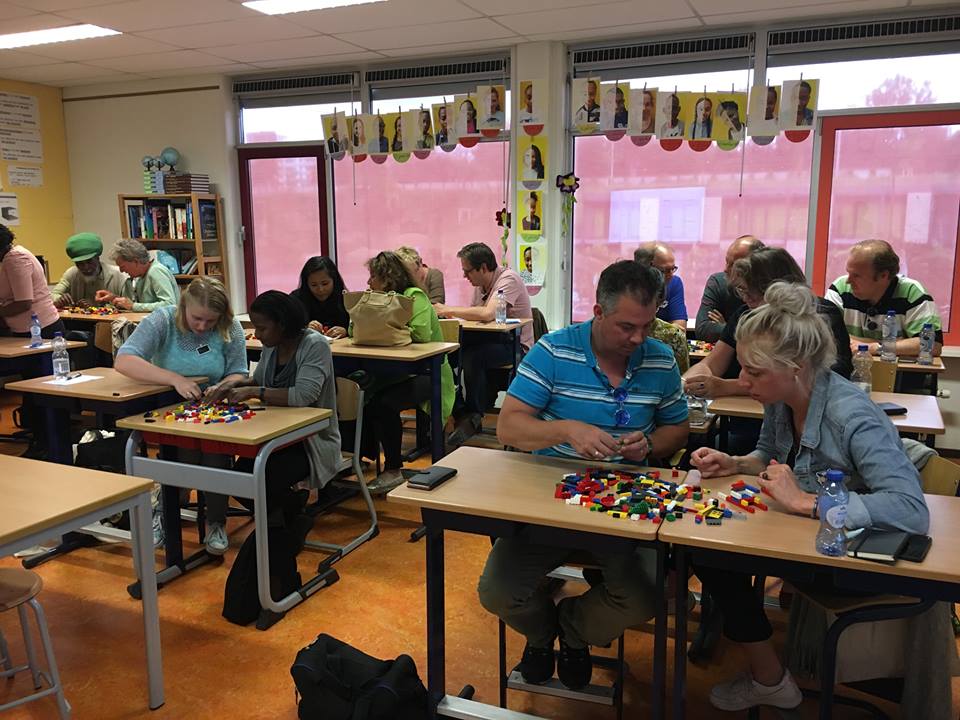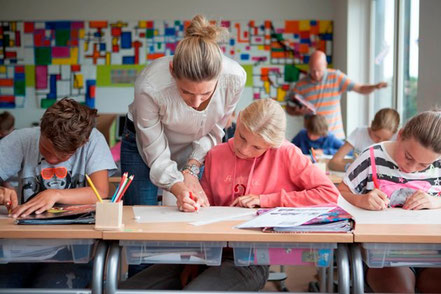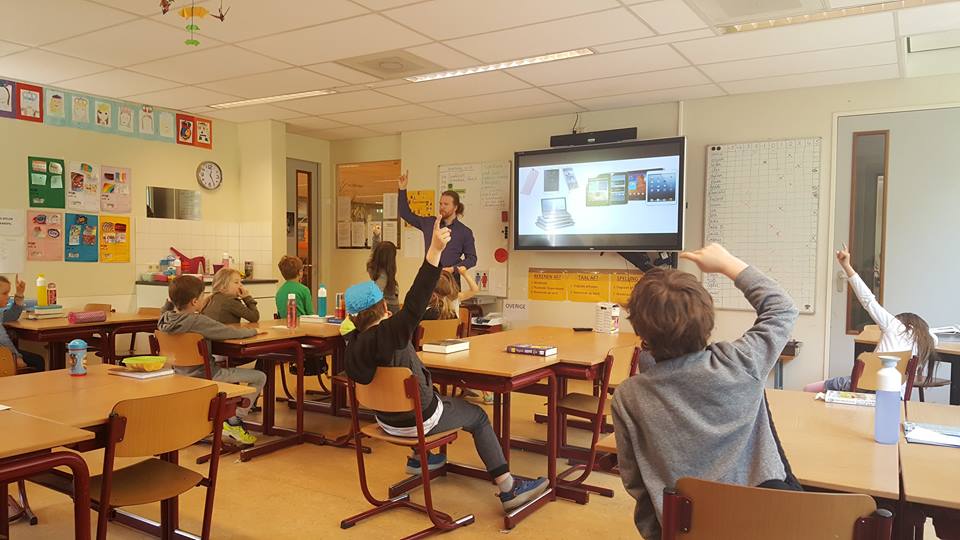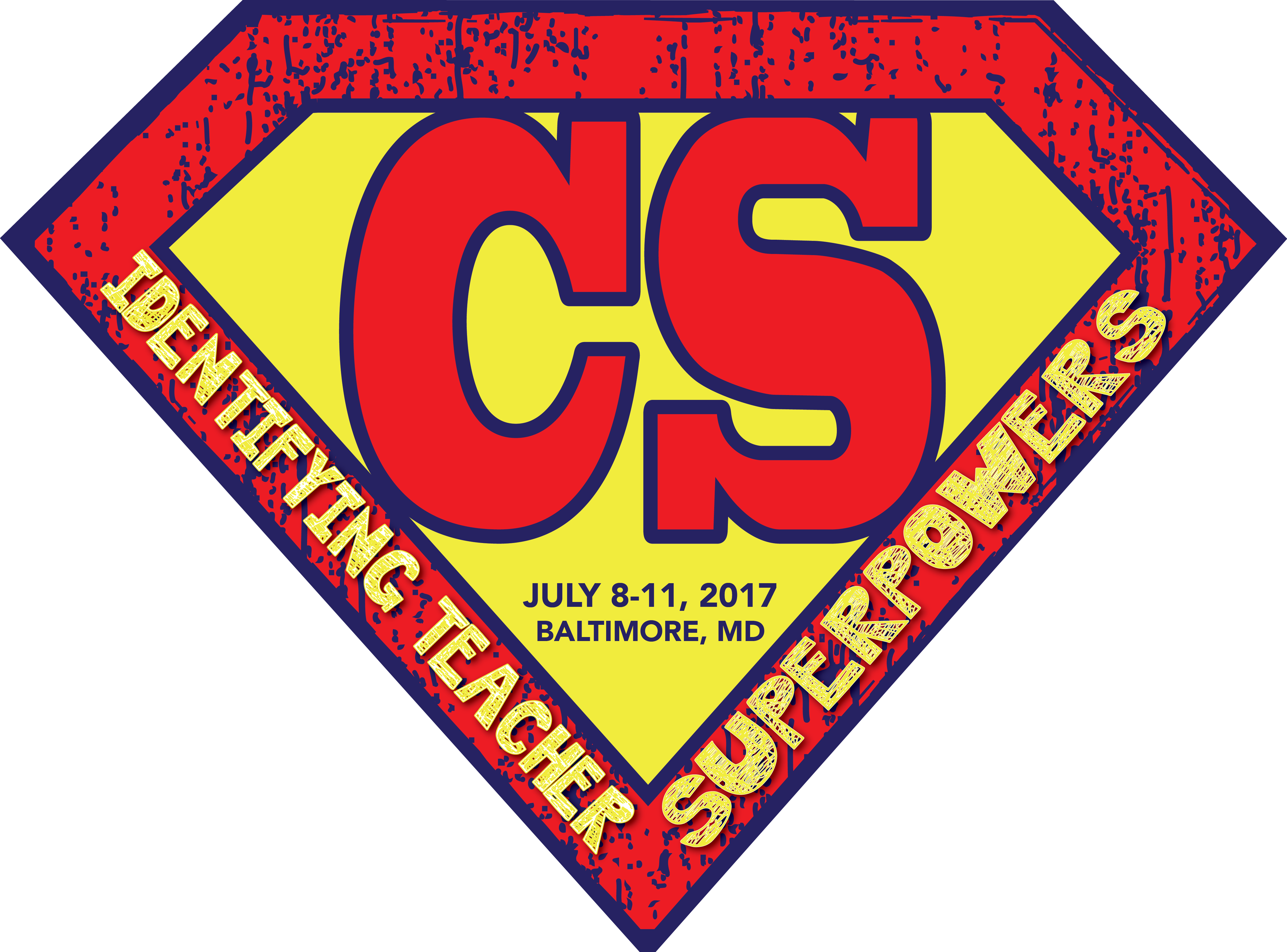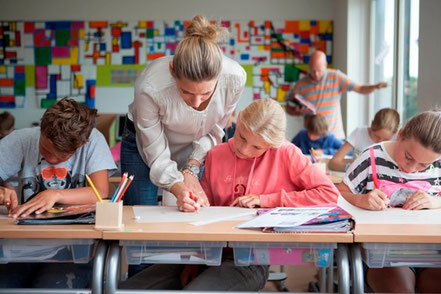For the third year in a row, NewTechKids will give workshops at Codestarter, Science Center NEMO's annual event focused on encouraging children ages 8 - 11 to learn how to program. Codestarter is a free event which takes place on Saturday, July 1st. Four rounds of workshops will take place from 10:00 - 15:30. NewTechKids will be giving our popular no tech, 'Intro to Coding' which introduces young children to computer science concepts such as commands,
Read moreAll posts
NewTechKids hosted a teacher training workshop on June 6th, 2017 as part of the 'Learning Fair' event organised by Projectenbureau Primair Onderwijs Zuidoost (PPOZO). Projectenbureau Primair Onderwijs Zuidoost (PPOZO) is the organization which coordinates after-school activities for primary schLearnool students in Amsterdam Southeast, one of the city's most economically-disadvantaged communities. It works with 10 school boards representing 29 schools in the area and 7017 students. Scrum: an important teaching tool to help students develop 21st century skills Scrum
Read moreNewTechKids has been invited to contribute to VHTO’s new teacher training initiative, DigiLeerKracht. The initiative will focus on providing free training and support for primary school teachers in the Netherlands who are interested in teaching computational thinking in the context of programming. The initiative aims to train 2000 teachers from 2017 - 2019. The initiative is supported by Google.org, the philanthropic arm of Google. VHTO is the Dutch national expert organization focused on the participation
Read moreIn our quest to introduce computer science and technological literacy education in primary school, we often hear the same excuse as to why this is difficult to impossible: teachers already have enough on their plate. Introducing a new subject will overwhelm them, causing their overall teaching to decline in quality. So many countries find themselves in the same position: we know that we need to prepare children to function in a world filled with technology
Read moreNewTechKids is pleased to have been invited back to teach computer science lessons at Leonardo da Vinci School, a primary school in Amsterdam. We are teaching two, 21st Century Skills Clubs: one for students ages 7-9 and one for students ages 10-12. The Club's 10-week program of weekly lessons will provide students with a strong foundation to understand core computer science concepts and design and program technology solutions. NewTechKids taught at Leonardo da Vinci
Read moreNewTechKids has recently returned from the United Arab Emirates where our teachers (and one child assistant) taught computer science bootcamps during the Sharjah Children's Reading Festival (April 19-29, 2017). Everyday, we taught children ages 7-12 about systems thinking (computers, their main parts and how these parts work together) and technology design (function, requirements and user interface). The children who attended were very enthusiastic and engaged. The United Arab Emirates is a fascinating country, with innovation and technology everywhere, from
Read moreThe way that computer science education is promoted to primary school-aged children can make all the difference. NewTechKids learned this lesson during our latest round of after-school computer science bootcamps which ran from January - March 2017. Previously, we had marketed our bootcamps as 'Discover Computer Science' or 'Explore Computer Science' and listed all of the wonderful computer science concepts that children would learn about: loops, algorithms, if-else statements, sequences, Boolean data, etc. This may have been great marketing to reassure parents
Read moreThe Computer Science Teachers Association (CSTA) has invited NewTechKids to serve on its International Committee. Deborah Carter, NewTechKids’ Co-founder, has become one of the Committee's members and will contribute to CSTA’s global strategy, specifically international membership growth, diversity issues and information exchange. CSTA is a membership organization which supports and promotes the teaching of computer science from kindergarten to grade 12. CSTA represents more than 25,000 members from more than 145 countries. Its members include elementary,
Read more 2NewTechKids has been invited to contribute to VHTO’s new teacher training initiative, DigiLeerKracht. The initiative will focus on providing free training and support for primary school teachers in the Netherlands who are interested in teaching computational thinking in the context of programming. The initiative aims to train 2000 teachers from 2017 - 2019. The initiative is supported by Google.org, the philanthropic arm of Google. VHTO is the Dutch national expert organization focused on the participation
Read moreNewTechKids is pleased to announce that we will be working closely with a bilingual Dutch primary school in Utrecht to integrate computational thinking, computer science and technological literacy into its school curriculum. NewTechKids will teach a 10-week program for students ages five and six at KSU Onder de Bogen, a new school in Utrecht which offers instruction in both Dutch and English. Our program will run from April until June 2017, with weekly lessons. Students
Read more
